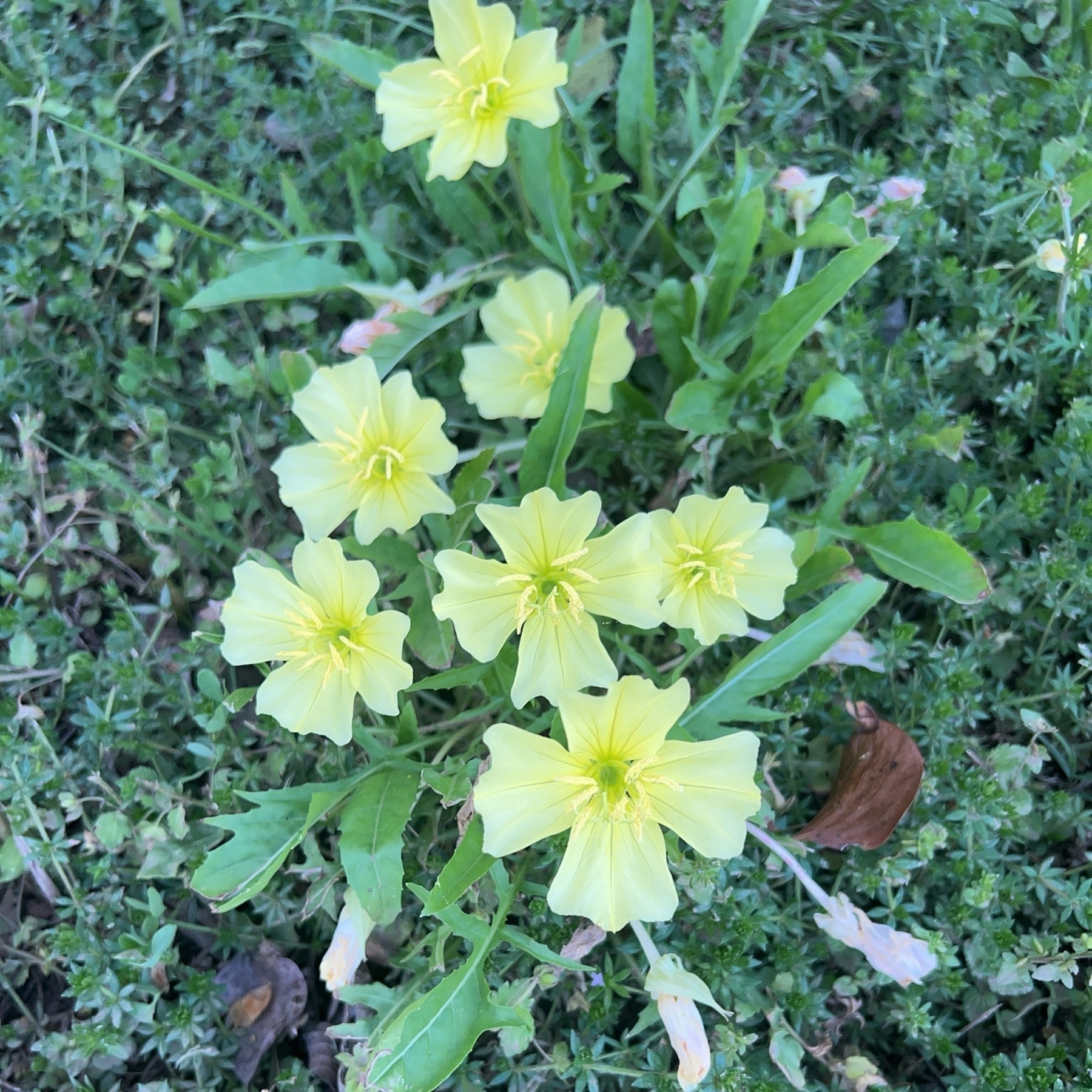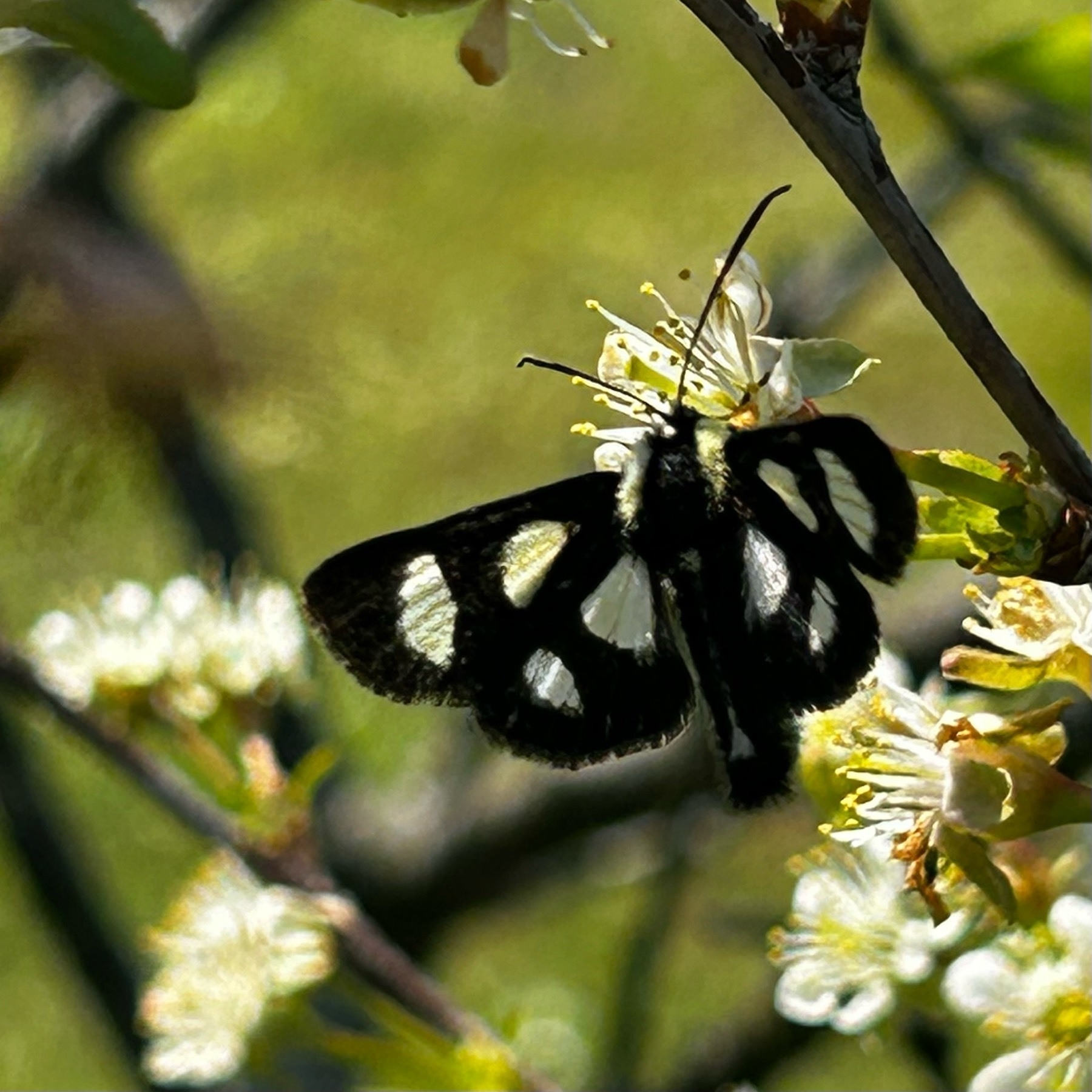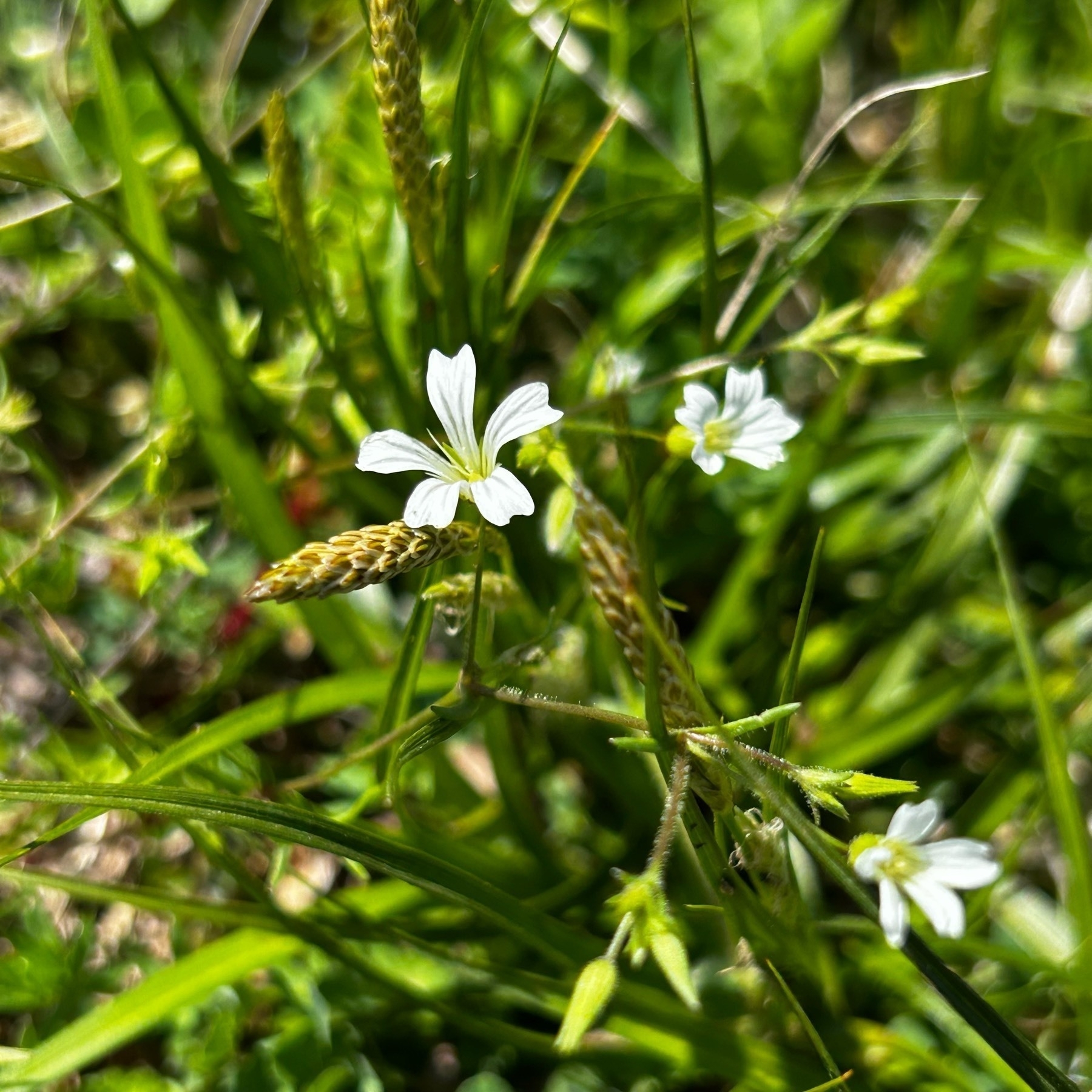Stemless Evening Primrose, Stones River Greenway

Stemless Evening Primrose, Stones River Greenway

Eight-spotted forester moth

Baby kieffer pears (the correct version)

One of our catechumens comes to me before class last week and says “here, I got this for you,” and hands me a beautiful scapular.
My Lady, I can take a hint.
I carried it around for a few days waiting for a good moment with a priest, and was enrolled on Sunday after Mass in the vestry. I should probably go back and revisit some of the books on the Carmelites soon but for now, I just want to linger with her a bit longer in these final days of Lent.
Apple blossom. Now that the pears are done, the apples are going full tilt.


Currently reading: Los de abajo by Mariano Azuela 📚 🇲🇽
Butterweed

Fleabane

Stitchwort, pawpaw blossoms, and a yard shot.



This past weekend was our penultimate class. I’m just waiting for the instructor to post the exam so I can get started on it. Our final course completes our moral theology sequence, covering sexual and biomedical ethics. An assembly of the diocesan deacons and wives was also planned for the same weekend, and we all came together for mass, a brief meeting covering some new things coming our way, and (naturally) dinner with cocktails. A day of recollection was provided for the wives of men in formation, so I wasn’t up there alone the whole time.
Friday morning, our bishop came to our parish to celebrate the school mass. I tagged in to serve and managed to wind up having breakfast with him, our clergy, and some representatives of the student council (one of whom is our daughter). The school masses are always a lot of fun, and I’m glad for the chance to be there for them once in a while. The night of the assembly mass, I was asked about 4 hours prior to serve as cantor, which seemed to go fine. It turns out I have a decent voice for singing, or at least chant. I know this because others have told me, and I frequently seem to get pencilled in whenever our families are attending formation masses or other guests are present. I’m leaning in, as they say. Saturday was the first time I ever had to use a microphone and it seemed to go fine. No one got up and left, and I got several compliments, so there we go. Never too early to look over the Exultet I suppose.
School reading is going to push the leisure stuff to one side for a bit; the biomedical ethics book is pretty hefty. I’m helping our final Lenten Stations of the Cross and will be leading the Spanish portion.
Too rainy for wildflower pics today. We were dodging polygons last night as a front of severe weather blasted through the area around midnight, which set the weather radio alerts on and off for about an hour. All is well, though wet. April showers and all that.